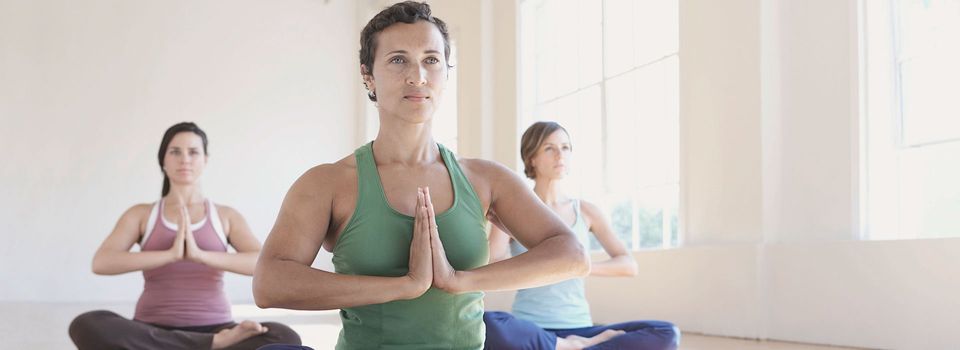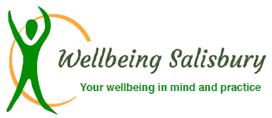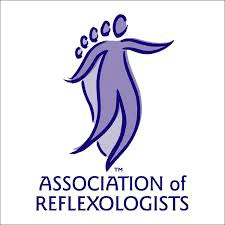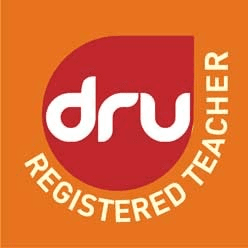
Strengthen your body - Tap into your inner energy
or ability to energise and relax.
Wednesdays at Salisbury Quaker Meeting House
9.15-10.00 Meditation and Pranayama
10.00-11.15 Dru Yoga
Dru Yoga - The Healing Yoga
Dru comes from the Sanskrit “dhruva” and refers to the stillness that can be experienced in Dru Yoga. In this stillness we are able to see and act from a point of clarity and inner calm.
Each class centres around powerful sequences performed in a flowing and dynamic style. Dru Yoga can be practised by people of all fitness levels and abilities. Dru Yoga works on strengthening core stability.
- Dru Yoga a fresh energetic, positive and complete approach to health and wellbeing
- Dru Yoga focusses on the heart chakra and soft flowing sequences that use heart power to engage and heal.
- Energy Block Release sequences are easy-to-practise, soft, flowing dynamic movements that help to dissolve physical emotional and mental blockages and release deep seated tension. In Dru Yoga, the ability to perfect a posture or a mudra is not all-important, but the sequence which directs the flow of energies.
- The flowing sequences integrate controlled breathing, mudras, visualisation and affirmations.
- Joints are kept relaxed and soft during movement (as in tai chi). This creates flexibility and a free flow of subtle energy.
- Dru Yoga works to balance the chakras (energy centres of the body) and the koshas (or body layers)
- A deep understanding of core stability is a major focus.
- Dru Yoga promotes a heightened feeling of positivity and empowerment.
Dru Yoga a fresh energetic, positive and complete approach
to health and wellbeing

Research and back care management
- core stability
- flexibility and strength
- mood and emotion swings
- back pain
- breathing patterns
More specifically, the Back care management programme was based on the result of recent research into the benefits of Dru Yoga for back pain. The programme was designed by a multi-disciplinary Dru Yoga team composed of a master Dru Yoga trainer, a physiotherapist and and general medical practitioner in cooperation with the NHS. The Dru Back Care Programme is currently running in some NHS trusts and workplaces with proven results.
I am currently working towards introducing the Back care management with Dru Yoga programme in the Salisbury and Ringwood areas.
This back care programme is for people with frequent or chronic back pain who want to use safe and effective tools to take care of themselves in their daily life. It is a three-part graduated programme open to all levels of ability and fitness. The programme consists of gentle movements and flowing sequences to stretch and release tight muscles. The programme aims at improving flexibility, and promoting alignment, balance and stability.
The class is deliberately kept small to promote a safe environment where people can work within their own level of ability, without any strain or pain. Specific simple yoga postures known for their pain relief, strengthening or relaxing qualities are used with breathing and visualisation. The postures are adapted and modified to suit people’s bodies and needs.
Please note that, prior to the course, you are required to complete two questionnaires to ensure that the course is suitable for you. These are The Keele Star T Back Musculoskeletal Screening Tool Form and the Roland Morris Disability Questionnaire. In some cases, people may benefit from an initial one-to-one session before joining a more structured group course.
Meditation
My teaching is non-sectarian and takes out the most practical and effective techniques from any of the traditions to help people in the 21st Century. A typical meditation session will start with advice on posture. Awareness of the breath is a major component to help focus and to bring back to focus. Depending on the needs of the students, here are some of the techniques we use during the meditation class:
- Pranayama (breathing techniques)
- Mindfulness
- Walking meditation
- Visualisation (colours, chakra work)
- Loving kindness
- Self-inquiry
Other Events
Sessions can be arranged for businesses committed to their staff’s health and wellbeing.
Why not do Dru Yoga in the comfort of your own home? Personal tuition can be arranged if you are disabled or unable to come to any classes or if you need a programme targeting your specific physical needs. Learn Pranayama (breathing techniques), Meditation, Dru Yoga and how to look after your back with Dru Yoga.
Marie-Ange, DPN (Y) is a Registered Dru Yoga Teacher.



